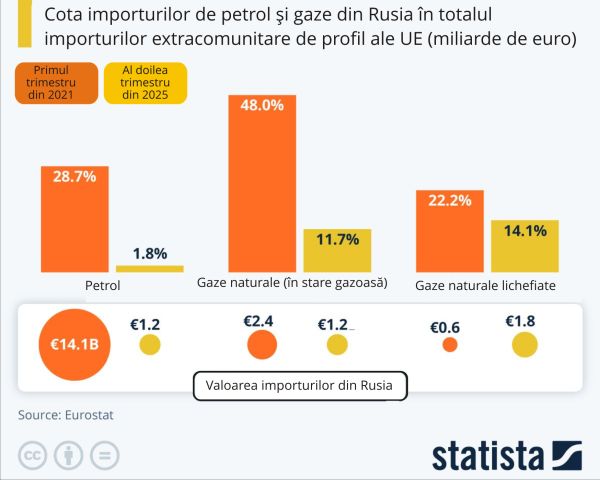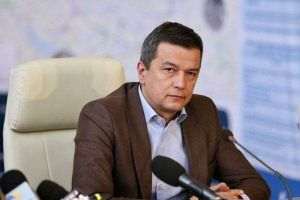Since Russia's invasion of Ukraine in early 2022, Europe has made a collective effort to reduce its dependence on Russian energy, according to a statista.com analysis, which notes that, in addition to embargoes on certain energy imports, the EU has implemented broad initiatives, such as the REPowerEU plan, adopted in May 2022. It aims to save energy, stimulate clean energy production and diversify energy supplies - all with the aim of reducing and, ultimately, eliminating the bloc's dependence on Russian oil and gas.
To a large extent, the plan worked: between the first quarter of 2021 and the second quarter of 2025, the 27 EU states reduced their imports of Russian oil by more than 90%, reducing the share of Russian oil in total extra-EU imports from 29% to less than 2%. Over the same period, Russia's share of EU natural gas imports fell from 39% to 13%, driven mainly by a 52% drop in gaseous natural gas imports. The value of liquefied natural gas imports from Russia almost tripled between the first quarter of 2021 and the second quarter of 2025, but still represented a smaller share of total EU LNG imports in the most recent quarter, the cited source notes. This is because total LNG imports have more than quadrupled over this period, as the EU has replaced Russian pipeline gas with LNG from suppliers such as the United States, Qatar and Norway.

However, Europe still faces challenges in achieving its goal of completely eliminating energy imports from Russia by the end of 2027, as long-term contracts, uneven infrastructure between member states and the need to maintain secure and affordable energy make it difficult to sever all remaining trade ties with Russia. And while US President Donald Trump has repeatedly called on Europe to "immediately stop” buying energy from Russia, some countries, such as Hungary and Slovakia, the EU's two largest remaining buyers of Russian crude, are reluctant to abandon Russia altogether due to the costs that would be associated with switching to other suppliers.

















































